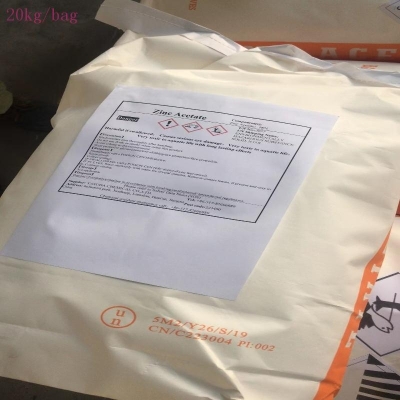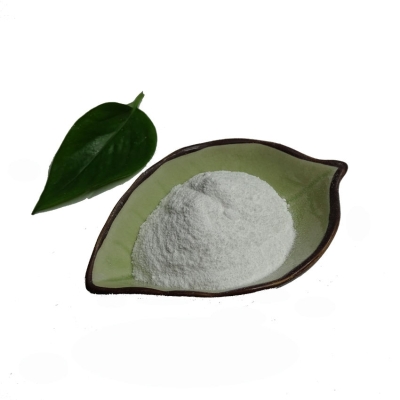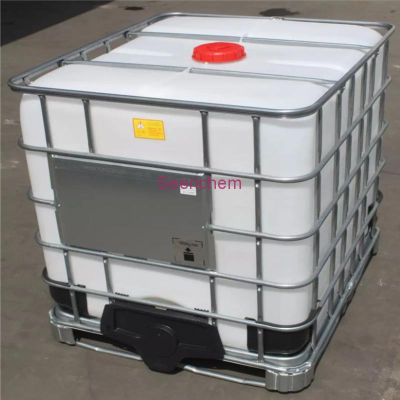-
Categories
-
Pharmaceutical Intermediates
-
Active Pharmaceutical Ingredients
-
Food Additives
- Industrial Coatings
- Agrochemicals
- Dyes and Pigments
- Surfactant
- Flavors and Fragrances
- Chemical Reagents
- Catalyst and Auxiliary
- Natural Products
- Inorganic Chemistry
-
Organic Chemistry
-
Biochemical Engineering
- Analytical Chemistry
-
Cosmetic Ingredient
- Water Treatment Chemical
-
Pharmaceutical Intermediates
Promotion
ECHEMI Mall
Wholesale
Weekly Price
Exhibition
News
-
Trade Service
If the plan continues, the chemical cooperation project will be built at the Novomoskovskiy Azot plant of the European Fertilizer Company in the Tula region of Russia, where it will be integrated into the downstream area of the existing production line.
The products are mainly sold in the domestic market to meet the increasing demand.
EuroChem's CEO Dmitry Strezhne has signed a memorandum on a joint Russian petrochemical project with China National Chemical Corporation.
The company is seeking the feasibility of producing propylene oxide, propylene glycol and polyols, as well as isocyanate MDI/TDI, with technology provided by ChemChina.
v said that this will be Russia's first device to produce propylene oxide and MDI/TDI, and it will break the long-standing dependence on imports.
Currently Russia and the Commonwealth of Independent States rely on imports from Benelux, Germany, the United States and Japan.
The initial investment cost is estimated at 500 million U.
S.
dollars.
The authorities hope that the project can attract other potential investors, and hope that Russia and China can provide more financing.
The European Commission also signed a memorandum of understanding with the authorities of the Russian Federation and the Tula region, and concluded a tripartite investment contract to support the project.
In addition, the European Fertilizer Company and its joint venture partner Hong Kong Miago signed a letter of intent with Yunnan Tobacco and the local authorities in Qujing, Yunnan, China to produce and sell fertilizers nationwide.
They will explore the possibility of constructing a second batch of 80,000 tons of potassium nitrate production line in Luliang, Yunnan.
They also plan to build another factory to produce water-soluble nitrogen, phosphorus and potassium fertilizers.
Lu Liang's current output is 100,000 tons/year of potassium nitrate and 70,000 tons of potassium nitrate.
The products are mainly sold in the domestic market to meet the increasing demand.
EuroChem's CEO Dmitry Strezhne has signed a memorandum on a joint Russian petrochemical project with China National Chemical Corporation.
The company is seeking the feasibility of producing propylene oxide, propylene glycol and polyols, as well as isocyanate MDI/TDI, with technology provided by ChemChina.
v said that this will be Russia's first device to produce propylene oxide and MDI/TDI, and it will break the long-standing dependence on imports.
Currently Russia and the Commonwealth of Independent States rely on imports from Benelux, Germany, the United States and Japan.
The initial investment cost is estimated at 500 million U.
S.
dollars.
The authorities hope that the project can attract other potential investors, and hope that Russia and China can provide more financing.
The European Commission also signed a memorandum of understanding with the authorities of the Russian Federation and the Tula region, and concluded a tripartite investment contract to support the project.
In addition, the European Fertilizer Company and its joint venture partner Hong Kong Miago signed a letter of intent with Yunnan Tobacco and the local authorities in Qujing, Yunnan, China to produce and sell fertilizers nationwide.
They will explore the possibility of constructing a second batch of 80,000 tons of potassium nitrate production line in Luliang, Yunnan.
They also plan to build another factory to produce water-soluble nitrogen, phosphorus and potassium fertilizers.
Lu Liang's current output is 100,000 tons/year of potassium nitrate and 70,000 tons of potassium nitrate.







